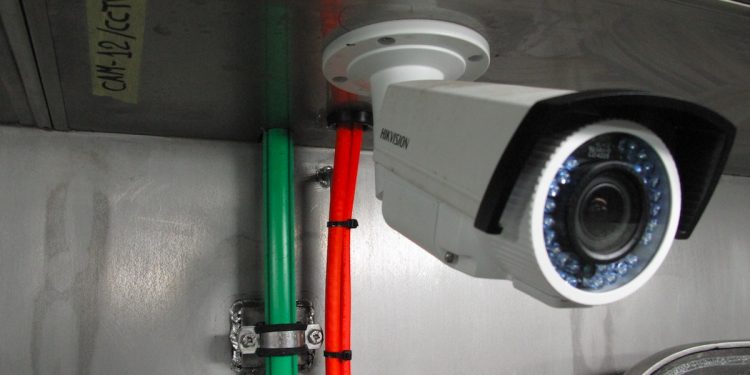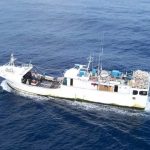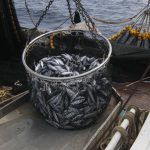With the new Fisheries Bill that will set out how UK fisheries are managed post-CFP now making its way through the House of Lords, amendments that would mandate CCTV on all fishing vessels have been slammed by the NFFO as the lazy option.
‘Vessels over 12 metres already carry transponders which provide data on vessel location via satellite when at sea,’ an NFFO spokesman commented.
‘This is a strong aid to effective monitoring control and enforcement. Likewise, electronic logbooks for vessels over-10 metres in length, and a mobile phone catch-app for under-10m vessels, have strengthened the flow of information necessary for the effective management of our fisheries.’
CCTV has been successfully used on a voluntary basis in the UK and Denmark as part of initiatives that provide assurance that catches of cod are kept within permitted limits, while CCTV has been used to help scientists understand specific catch patterns and provide more useful advice to fisheries managers.
‘Groundfish fisheries in western Canada are the recognised leaders in the development of CCTV technologies and the use of these new approaches to providing transparency for managers, customers and the general public,’ the NFFO states, commenting that advocating CCTV cameras as a universal panacea, without addressing resolving the underlying fisheries management and compliance issues, is just lazy.
‘CCTV cameras and other forms of remote electronic monitoring have a big future in fisheries, as they do in most other industries. But a mandatory requirement for fishing vessels to carry functioning CCTV equipment is as offensive, provocative and impractical as placing a policeman on every fishing vessel – or in every office or living room.’
The NFFO sets out a range of legal, ethical and practical objections – starting with the straightforward on that fishermen are unwilling to have such a level of intrusion into their working lives
‘Fisheries control authorities tend to be split between the authoritarians and those who favour policing by consent. The former favour a tool that could be used remotely under all conditions. The latter, currently in the majority, recognise that the route to high levels of compliance lies through dialogue, shared objectives and resolving the management challenges that underlie most examples of non-compliance,’ the NFFO’s spokesman commented.
‘Both groups recognise the dangers of pitting the ingenuity of fishermen against any “infallible” method of monitoring and control. “There are no technocratic solutions,” a wise fisheries scientist once said.’
In addition to the legal safeguards designed to protect privacy, personal data and civil rights, there are numerous contradictions between legal requirements as the UK inherits retained law governing its fisheries which will take time to be resolved – such as the question of whether catch composition rules which limit the percentage of a certain species in a vessel’s catch, or the landing obligation which requires all quota species must be landed takes precedence.
‘CCTV would only amplify this regulatory conflict, leaving vessel operators exposed to prosecution whichever option they chose. At the moment this dilemma is managed through pragmatic policing,’ the NFFO states, adding that new technologies generate new challenges, citing as an example the retrospective detection of repeat area infringements through satellite monitoring that has generated not only fines but loss of the licence to fish through accumulated penalty points.
‘The problem here is that the new technology has removed the traditional educative role which effective policing depends on. A warning after the first offence might be all that’s needed, either to dispel ignorance or as a warning shot. Instead, the matter is automatically escalated to the point where fishermen’s livelihoods – both for skipper, owner and crew are at risk,’ the NFFO states.
‘All these reasons should give pause for thought before creating a legal obligation to carry functioning CCTV cameras.’









